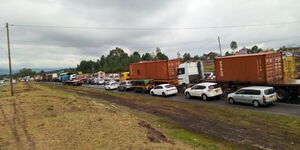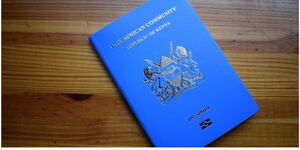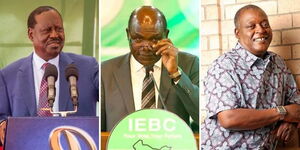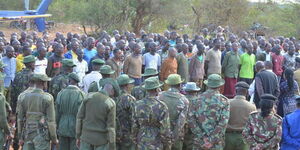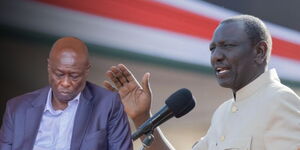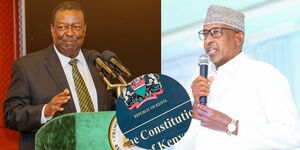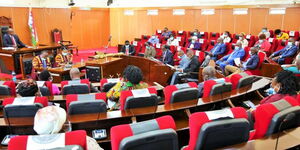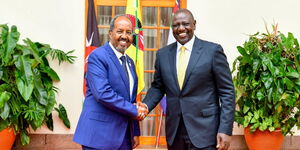A report by the Institute for Security Studies in collaboration with International Police (Interpol) has placed Kenya in the list of countries with the highest rates of organised crime.
The Enact Organised Crime Index - Africa launched on September 24, on the sidelines of the United Nations Assembly established that Kenya has high corruption, crime-related violence and the presence of criminal actors.
The report also says that Kenya, followed by Tanzania, Mozambique and South Africa have some of the largest markets for narcotics in Africa.
Carjacking, theft and banditry, ethnic violence, terrorism, and corruption are ranked as the leading types of organised crimes in Kenya.
After the February 2019 Dusit D2 terror attack, the Director of Public Prosecutions, Noordin Haji, faulted financial institutions as enablers of terrorism - which is closely associated with organised crime.
According to the report, organised crime goes a long way in deteriorating the economic and political strengths of Kenya, Nigeria and South Africa undermining the growth and maintenance of democracy.
The report used a country’s economy, physical geography, and natural resources, social cohesion, and conflict. And socio-demographics as well as global engagement and trade as parameters to measure the risk of organised crime.
However, while Kenya rated highly for criminality, the report says it has high levels of resilience.
It adds that influential criminal actors, powerful persons in a democratical space are also responsible for the high levels of organised crime in Kenya, Tanzania and Cameroon.
The three countries were ranked 17, 13 and 11 respectively when it comes to the global ranking of organised crime.
“Organised crime groups exploit weak or dysfunctional State institutions, porous borders and disadvantages in social welfare and local political economies to continue and expand their operations,” the report read.

